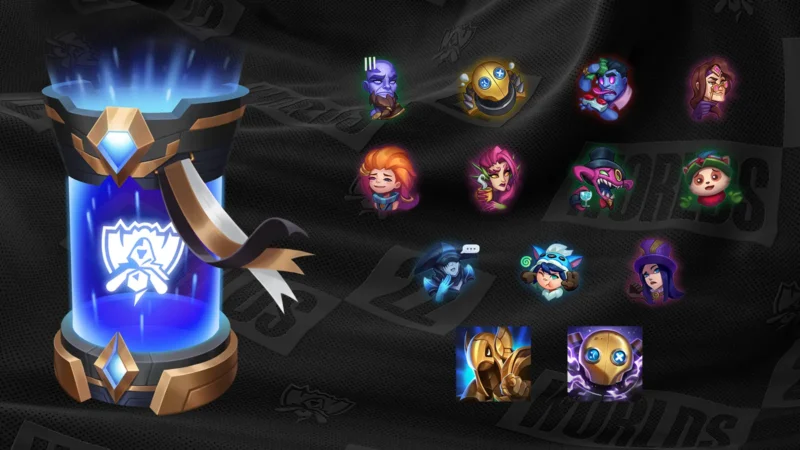Riot Games has announced plans to introduce a new business model for professional teams in the LoL Esports scene, aimed at enhancing sustainability and financial success.
Riot Games to Evolve LoL Esports and Create More Sustainability
Riot Games will be introducing a new business model for professional teams in the LoL Championship Series (LCS), League of Legends European Championship (LEC), and League of Legends Champions Korea (LCK). Inspired by the success of the VCT model, these changes aim to extend to the LoL Pro League (LPL) as well.
One of the key components of this new model is the addition of in-game digital sales for fans worldwide, providing extra revenue streams for teams to cover the investments needed to compete at the highest level.

Image Credit: Riot Games
In a statement from the President of Esports, John Needham, the challenges faced by teams in the current partnership model were highlighted, particularly concerning overreliance on sponsorships and media rights.
The new model aims to create more scalable opportunities for teams through in-game digital sales, aligning with the increasing engagement and viewership seen in recent years.
How the New Partnership Model Will Work
Teams in the LCK, LCS, and LEC will receive a fixed stipend alongside revenues from digital content sales. Additionally, a Global Revenue Pool (GRP) will be created to distribute funds to the Tier 1 ecosystem, enhancing the competitive experience.
- General Shares: 50% of the GRP will be allocated to Tier 1 teams.
- Competitive Shares: 35% of the GRP will be based on competitive performance.
- Fandom Shares: The remaining 15% of the GRP will reward teams for fostering strong fandom.
Riot Games also plans to increase esports revenue share percentages and the quantity of digital content in each season. Once Riot recovers its annual investment in LoL Esports, they will contribute 50% of other direct revenues (sponsorships, media, etc.)
This shift marks a significant change for LoL Esports after 14 years, paving the way for better sustainability and financial stability for esports organizations to continue shaping the future of competitive gaming.


